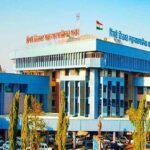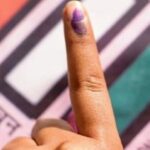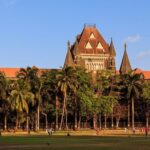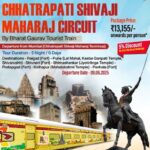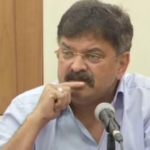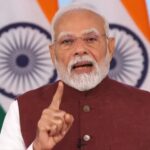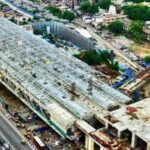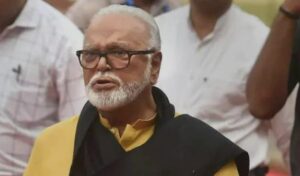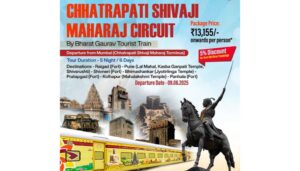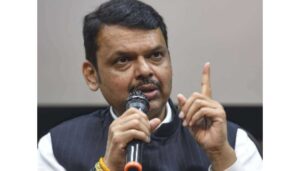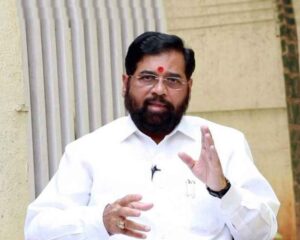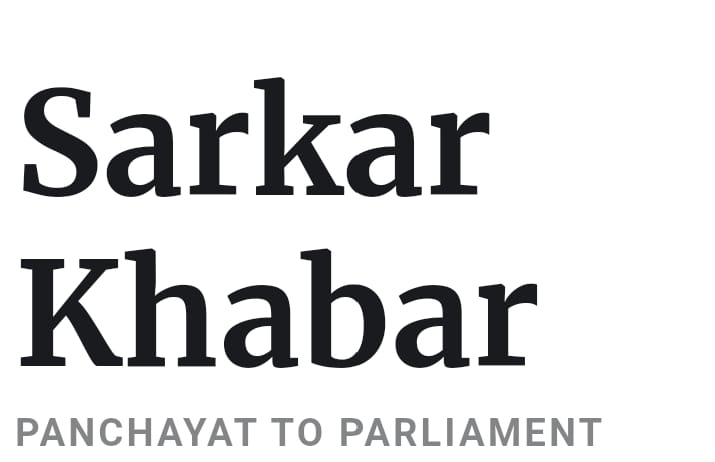
Jharkhand: Pakur Election Campaign Focuses on Allegations of “Infiltrators” and Land Disputes
Ranchi, 18th November 2024: Over three decades ago, Ashraful Sheikh was working the land in Malpahar, Pakur district, in the then undivided Jharkhand when he met Jharna Marandi, an Adivasi woman. The two fell in love, and Ashraful married Jharna following Adivasi traditions. Jharna did not change her surname or convert to Islam, while Ashraful practices Islam, performing namaaz five times a day and observing Roza during Ramzan.
In nearby Kasila village, Sanat Marandi faced difficulties with his large plot of land, which he could not use or sell due to the Santhal Pargana Tenancy Act, which prohibits the transfer of tribal land. Sanat, like others in similar situations, opted for a “Daan Patra” (gift deed) transfer, allowing him to give a portion of the land to Shabbir Sheikh of Sangrampur for a lower price. Sanat remained the official landowner, continuing to pay the required annual rental to the government, which was reimbursed by Shabbir.
As Pakur heads to elections on November 20, the region is embroiled in a high-profile campaign focused on “ghuspethiyas” (infiltrators) crossing the Bangladesh border to “take land, livelihoods, and even Adivasi women.” Amidst this political tension, Jharna, Ashraful, Shabbir, and Sanat have become symbols of a long-standing tradition in the region that has been integrated into the social fabric of Santhal Parganas. Their story reflects how this practice is addressing the socio-economic challenges of the area.
The controversy, which has fueled accusations between the NDA and the INDIA bloc, has left many in Pakur troubled. “We follow Islam, speak Bangla, and have historically been too poor to own land. But we are not Bangladeshis,” said Muzaffar Sheikh, a mobile repair shop owner in Kasila. Hindus and tribals share similar concerns.
Tensions have been exacerbated by a violent incident in July when Muslims allegedly pelted Hindu homes with stones in the Taranagar-Ilami area of Pakur after a Muslim boy was attacked by a mob. The boy had reportedly recorded a video of a Hindu girl, which led to further tensions. BJP MP Nishikant Dubey raised the issue in the Lok Sabha, claiming that Hindus were fleeing the area.
Despite the frequent allegations of infiltration, locals assert that people from Bangladesh who visit India typically have valid visas, either to shop or visit relatives. “The risk of crossing over isn’t worth it,” said Samir Saha, a traffic assistant in Murshidabad district, which borders Pakur. With the construction of border fencing, 90% of which is now complete, locals emphasize that trade and social visits are more common than attempts to settle across the border.
“Dada, amra ki Bangladeshi? (Do you think we’re Bangladeshis?)”, asked Sanjay Saha, a shopkeeper at Dhuliyan Ferry ghat, with a laugh. Narendra Singh, assistant commandant at the BSF’s Sovapur outpost, noted that there have been only five infiltration attempts in the past two years, with the last one occurring nine months ago. He added that while people sometimes cross the border for trade, they are usually checked at the post, and there is no significant effort to settle illegally.
Former MLA Aquil Akhtar pointed out that allegations of infiltration are threatening to tear apart the historically close-knit community, with locals unfairly branded as foreigners. Notably, the AJSU Party, a key NDA ally running a candidate in Pakur, has avoided addressing the infiltration issue in its election manifesto.
